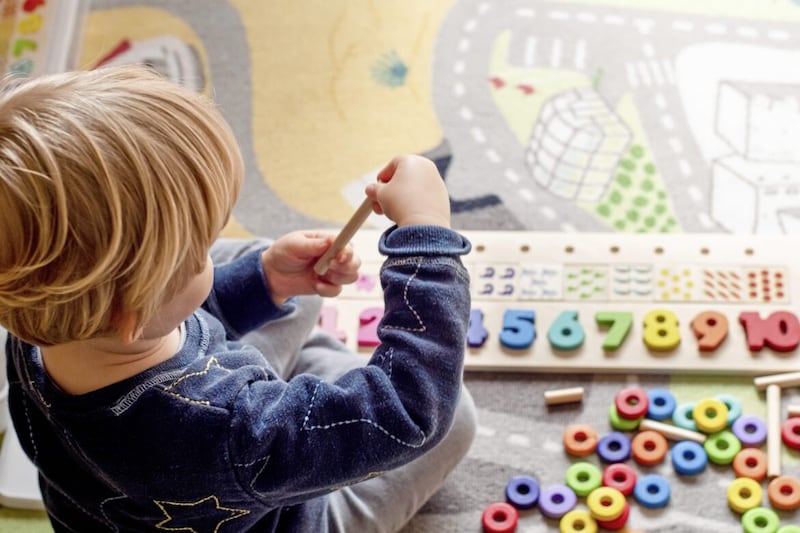“I love being a woman.” Five words that rung out loud above the glitz and glamour of the 2022 Brit Awards.
On a night when female artists and female-fronted acts made history, sweeping a stunning 10 wins from a total of 15 categories, Adele’s proud proclamation of ‘being a woman’ soon became fuel for the headlines.
Under the bright lights of London’s O2 arena, the singer scooped three of the four big-ticket prizes: Best Album, Song of the Year and, in a Brit Awards first, the gender-neutral Best Artist, which was among the non-binary honours introduced to recognise artists “solely for their music and work, rather than how they choose to identify or as others may see them”.
The Brits certainly wasn’t the first awards ceremony to do away with gendered categories, nor is it likely to be the last. And make no mistake, we should champion inclusivity across all aspects of life, gender, race, age, ability, sexuality, and class.
But when a woman who has sold millions of albums singing about experiences that are quintessentially female – and achieved untold success in doing so – is accused of transphobia for voicing her joy as “a female artist,” it becomes problematic.
Surely pride in one’s gender and respecting trans rights aren’t mutually exclusive. Particularly when that gender has for generations been subjected to sexist standards within industries primarily dominated by men.
Moreover, Adele herself has called out sexism in the music industry and the double standards put upon female artists. Disheartening, yes, but sadly not surprising in a sphere where female leadership at top music labels is vanishingly small. Even in 2022.
In fact, a study by the University of Southern California found that, across 70 major and independent music companies, just 14 per cent of CEOs and Presidents were women. For too long, women within music and film have found themselves fighting against a system which feeds on their talent and creativity, all without paying them the same level of respect as their male contemporaries.
So when the opportunity comes to recognise female success, it shouldn’t be swept up as part of an overall movement to make gender irrelevant.
For generations, female pioneers have pushed and indeed broken through boundaries – sexual, political, economic, to name but three – which has in many ways laid the foundations for further diversity and inclusion across all walks of life. But frankly, there is still work to be done.
Has feminism succeeded in achieving the economic, social and political equality of women? Because if so, I didn’t get the memo.
In 2021, the United Kingdom ranked 23rd on the global gender gap index – twenty third – a benchmark of national gender gaps based on economic, political, education and health-based criteria.
Despite all the progress, all of the accomplishments, women are still underrepresented across industries like tech, politics, finance and film. Music, too, both on and off stage.
Which is why Adele’s triumph should be relished for what it is: a female phenom winning an inclusive award and choosing to deliver a spark of inspiration to young girls and women the world over.
Women are the point on the spear cracking the glass ceiling, it is premature to blunt the spear that works for all.
Roseann Kelly is chief executive of Women in Business (womeninbusinessni.com)








